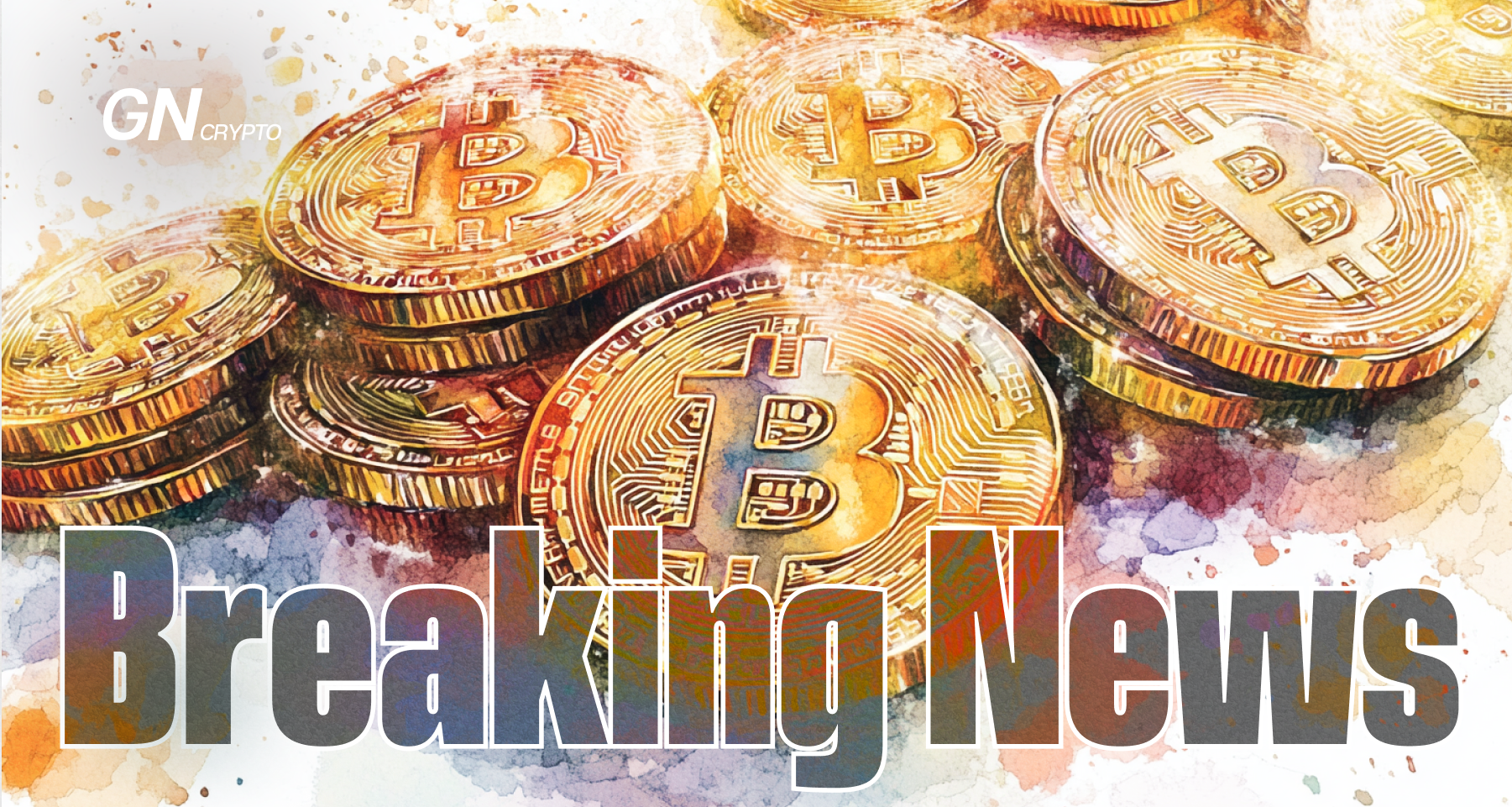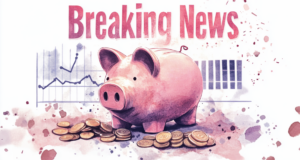CBDCs Need to Be the Main Digital Currency, Says US Treasury

Digital assets played a large part in the US Treasury’s 2024 Q4 report. In the 132-page presentation to the Treasury Borrowing Advisory Committee (TBAC), the agency introduced different financial aspects, including the rapid growth of stablecoins, tokenization, and their use in the Treasury Market.
On this page
Digital assets played a large part in the US Treasury's 2024 Q4 report.
In the 132-page presentation to the Treasury Borrowing Advisory Committee (TBAC), the agency introduced different financial aspects, including the rapid growth of stablecoins, tokenization, and their use in the Treasury Market.
Tether uses US Treasury bills to back USDT, its dollar-pegged stablecoin. Source: treasury.gov
According to the US Treasury, the growth of stablecoins has led to an increased demand for government bonds.
We estimate that $120bn in total stablecoin collateral is directly invested in Treasuries,
the report mentions.
Next, the agency predicts that the stablecoin market will continue to grow, raising concerns about financial instability. The Treasury said the fate of the sector will be determined by medium-term regulatory and policy choices.
Overall, the agency drew attention to crypto market volatility, adding that “digital asset markets have limited access to traditional safe-haven or risk-hedging instruments like Treasuries.”
Referring to the benefits and the promise of tokenized financial markets, the Treasury says the technology offers new operational and economic efficiencies. However, the question is how it will be used.
The Treasury believes distributed ledgers need to be controlled by central banks, suggesting that Central Bank Digital Currencies may replace stablecoins.
“Central Bank Digital Currencies (CBDCs) may need to replace stablecoins as the primary form of digital currency underpinning tokenized transactions,” the agency concluded.
The content on The Coinomist is for informational purposes only and should not be interpreted as financial advice. While we strive to provide accurate and up-to-date information, we do not guarantee the accuracy, completeness, or reliability of any content. Neither we accept liability for any errors or omissions in the information provided or for any financial losses incurred as a result of relying on this information. Actions based on this content are at your own risk. Always do your own research and consult a professional. See our Terms, Privacy Policy, and Disclaimers for more details.


























